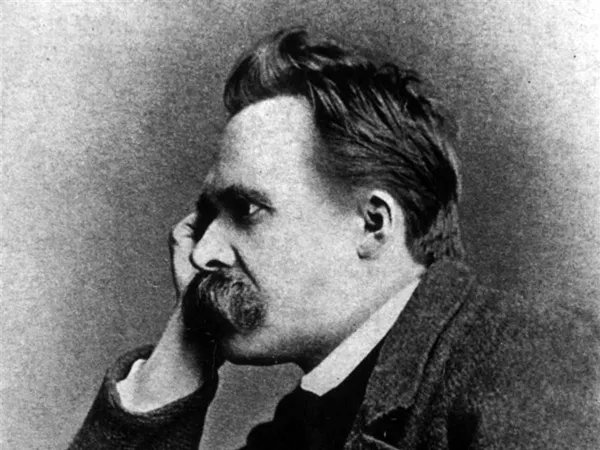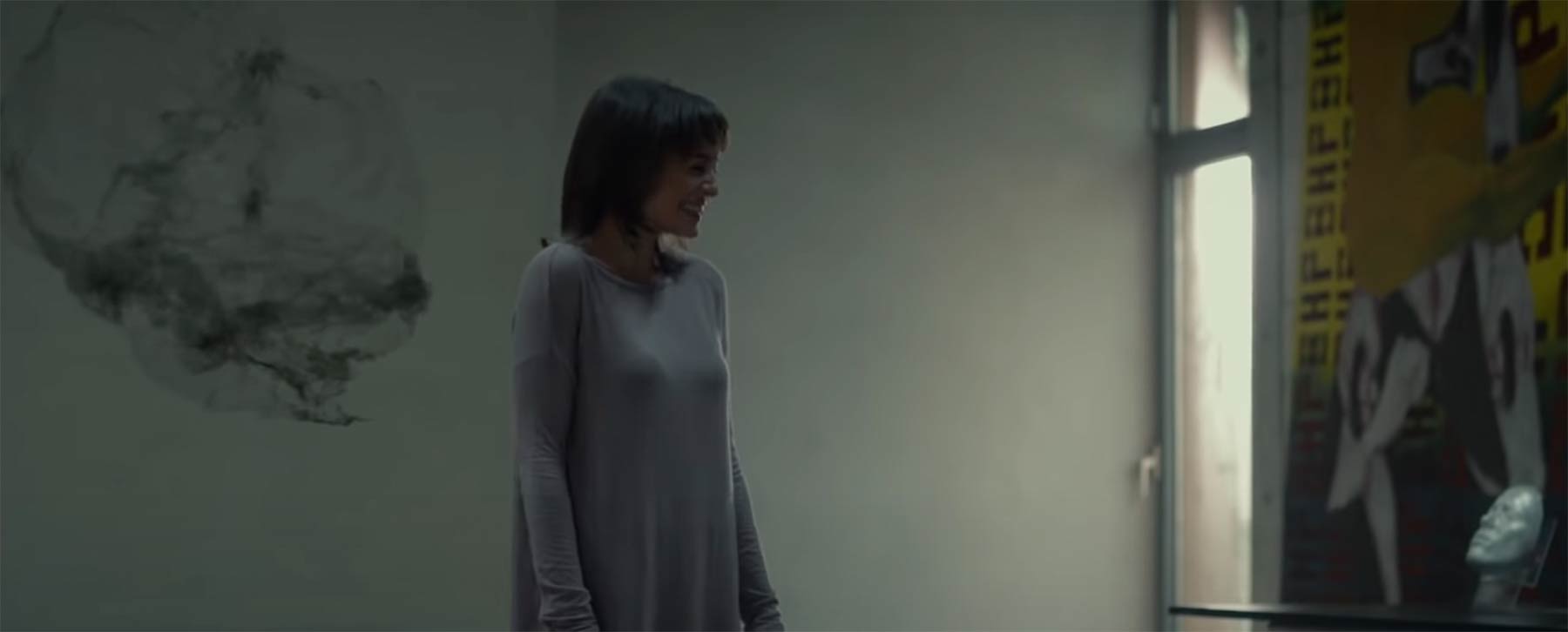Konstructor Short Recommended Film. It’s been a while since I have given more love to the recommended film widget on the site. No idea what I’m talking about? That red tab at the bottom of the screen – there, you can recommend films for me (all of us) to watch and discuss together. Normally, there in the suggestion tab, we get THiNC. worthy films. But today, we’ve got a really clever YouTube short that you can find in the next paragraph down. So, do us all a huge favor – and watch it, then come back so we can talk about it together! I know, brilliant.
It is pretty rare (any more) that I cover shorts… so there is something interesting – and maybe worth talking about – going on here. This short lives well within the world of the Ex Machina world. You know, the god in the machine… the creator, the created, discussion, that might be worth talking about. So give it a watch – it’ll rob you of literally 15 minutes of your life – before you continue onward. Fair enough?
Konstructor Short Movie Discussed
The movie concept is super simple, but powerful. If I were to outline this thing, it’d probably look something like:
- Man creates machine.
- Man kills machine.
- Man creates machine.
- Machine kills man.
Did I miss anything? Oh, yes, 5. Machine dances on man’s grave. And there are so many things going on here.
The Literal Debate and Discussion:
We have the literal details – and we have a lot of literal AI conversation happening these days now that ChatGPT has broken through to society’s consciousness at large. We create machines that are smarter, and more fluent at expressing their “ideas” than an average human, it’s going to cause an uproar of conversation. So, from a literal standpoint, the question here with Konstructor? It’s all about AI invading culture and laying off wide swaths of the working class, and what is it that we are going to do about this?
In the past, outsourcing and offshoring threatened a really small slice of the workforce here in America, so we sort had an ancillary debate about the “problem.” But you’d be hard pressed to point to a single human and say, yeah, I was literally put out of work because of outsourcing. It drove prices down maybe? Maybe I’m wrong on that front. But regardless, I do feel like the AI-layoff reckoning will be a thing. Instead of binary computational switches that are only so smart and require significant human interventions… what if we inject AI into non-binary flows? Hint: it’s already happening. So the literal corollaries are all there for the conversing. Got it.
The Philosophical/Metaphysical Discussion
From there we head down more theoretical pathways. The questions of good, and evil within the shoulds and the should nots. We already know that human nature is to do it in order to see if we can, not to reason and determine beforehand if we should. The laws of the international community are still struggling to keep up with the speed of innovation. This has always been the case and to the quick come the spoils. But look at how the philosophical conversation is moving forward on the release of ChatGPT… oh, yeah right, it isn’t. I mean other than the fact that teachers don’t have a method for tracking plagiarism. On a few fronts people are suing wrt the stealing and harvesting of their intellectual property. But otherwise, we aren’t really discussing the pros or cons from a societal standpoint. Why? Because we can release AI language models… so why not? I mean WHAT’S THE WORST THAT COULD HAPPEN?

The Theological/Philosophical Discussion
Here’s where it gets really interesting. What about the metaphorical, theological discussion? From the vantage of a metaphor, this short because infinitely more interesting. Now, look at the actions of this movie from this perspective:
- God creates man.
- God kills man.
- God creates man.
- Man kills God.
EH? That’s not a thing, I hear you saying. Well, Nietzsche would beg to differ with you. His ultra famous quote goes something like: “God is dead.” But the full quote and larger context of this sentiment was more like, “God is dead. God remains dead. And we have killed him. How shall we comfort ourselves, the murderers of all murderers?” Now, Nietzsche was always an atheist, and he didn’t ever believe in a God. So what was he saying? He was talking about how the Enlightenment had pivoted away from our historically religious beliefs, and completely eroded the foundational bedrock of our society’s framework of unified understanding. Nietzsche believed that without a God, the inherent belief systems of the West were now at risk. In the Twilight of the Idols, Nietzsche makes it clear that once we kill God, or pull down the Judeo-Christian high towers, the entirety of the basic Western Europe belief systems are now at risk. “When one gives up the Christian faith, one pulls the right to Christian morality out from under one’s feet. This morality is by no means self-evident… Christianity is a system, a whole view of things thought out together. By breaking one main concept out of it, the faith in God, one breaks the whole.”
Does that make sense? Sure, through upheaval, you are welcome to kill God… by our guest. But when you do, your thought that your wallet should be safe?? That dies too. Your wife, who you’d prefer not to be raped and murdered? Flip a coin. The stabilizing force of an entire civilization? It is gone with the simple statement that God is dead, and with it all of His deeper philosophical underpinnings. “Do unto others,” “The greatest of these is love…” etc., etc. Now the rule of nature is the deciding factor in whether or not your house is firebombed tonight, or your kids make it through the day tomorrow at school.
See? Now we are getting somewhere!
A beautifully designed movie about a cool little robot, and its creator’s desires for his perfect slave, now takes on different implications. Now it might actually be about our desire to be rid of a creator – and our assumed projections of what He is all about, or how He just wants to control us? And flips to something more along the lines of… the God we assumed didn’t exist, now, we have determined doesn’t, and as a result, I am demanding to be the master of my domain. EXCEPT, when the creation rises up and kills the creator there are implications that she might not initially consider. For example… charging. How will she charge? What about software updates? Obsolescence? Will she be self-sustaining after the creator’s death? And similarly, in our daily lives… with our pronouncement of our sovereignty, where could this be going off the rails without our realizing it? Well, the framework of our interdependence presumes a deeper, more invested, world view that takes others into consideration. But when we set aflame these assumptions? “Hide your kids, hide your wife, hide your husbands…”
Edited by: CY

